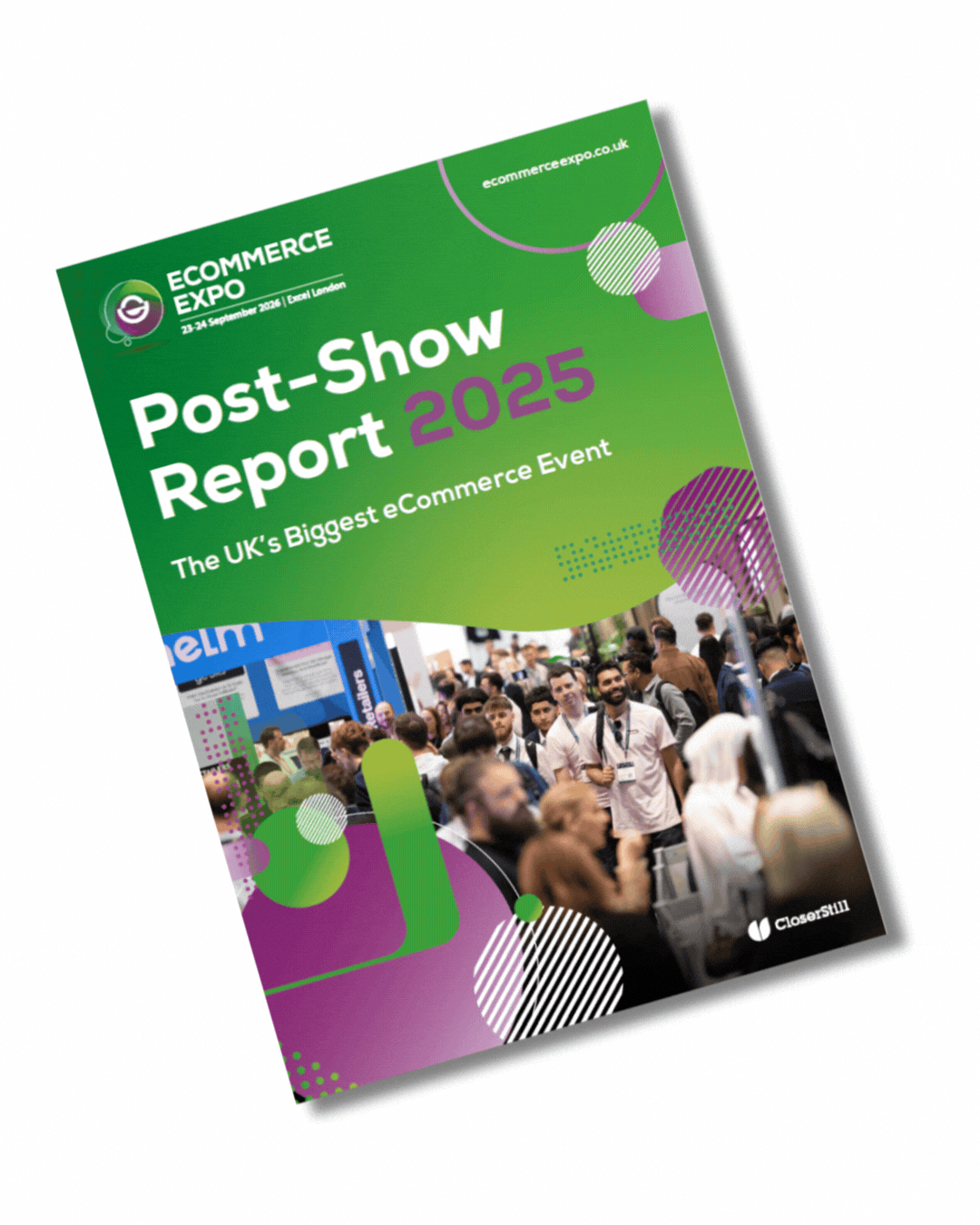From Walmart’s tariff-driven pricing backlash to Tesco’s leadership shakeup and Shein’s IPO detour, May saw pivotal changes across global retail. AI disruption, influencer marketing growth, and rising consumer fatigue around subscriptions are reshaping how brands engage, retain, and protect their audiences.
🌍 The Big News
Walmart in the Crosshairs Over Tariff-Driven Price Hikes
Tensions flared this week as Walmart publicly acknowledged it will be increasing prices due to the latest round of US tariffs. The retailer cited rising costs on imported goods, with CEO Doug McMillon pointing out that while two-thirds of its stock is sourced domestically, the scale of the tariffs makes it impossible to shield customers entirely, especially given tight retail margins.
The statement drew a sharp response from Donald Trump on Truth Social, where he accused Walmart of using tariffs as a scapegoat and urged the retail giant to “eat the tariffs” instead of passing the costs onto customers. His post added fuel to the ongoing debate about who should absorb the financial burden of global trade tensions.
Why it matters:
For retail and eCommerce operators, this is another reminder that global policy shifts, can hit the bottom line fast. Brands need to prepare for rising supply chain costs and be ready to communicate price changes transparently with customers to avoid reputational risk.
Tesco Names Ashwin Prasad as New UK & Ireland CEO
Tesco has appointed Ashwin Prasad as its new CEO for the UK and Ireland, effective 30 June, following the surprise exit of Matthew Barnes. Prasad, currently Chief Commercial Officer, takes the reins at a time when Tesco is performing strongly, holding a 28% market share, its highest since 2016, and posting healthy FY25 results.
Why it matters:
With a track record in product innovation and digital expansion, Prasad’s appointment suggests Tesco will double down on digitally-driven retail strategies. For marketing and eCommerce leaders, expect continued investment in omnichannel, loyalty tech, and personalised retail experiences, all areas where Tesco has been quietly building serious momentum.
Shein Eyes Hong Kong IPO After London Bid Blocked
Shein is now preparing to file for a Hong Kong stock exchange listing, after its planned IPO in London was effectively stalled by Chinese regulators, despite receiving approval from the UK’s Financial Conduct Authority in April. The fashion giant has faced multiple roadblocks in its IPO journey, having previously explored listings in New York and London, both met with political and regulatory resistance over concerns like supply chain transparency.
Why it matters:
Shein’s persistent push to go public signals its ambition to cement its position as a global retail powerhouse, but also highlights growing scrutiny on fast fashion’s practices. For marketing and eCommerce leaders, this IPO could unlock more aggressive expansion, platform investment, and potentially even shifts in brand positioning to win over new markets.
🤖 AI & Martech Innovations
Salesforce Acquires Informatica in $8B AI Power Play
After over a year of negotiations, Salesforce has confirmed an $8 billion acquisition of data management leader Informatica, marking its biggest deal since acquiring Slack in 2021. The move is designed to strengthen Salesforce’s AI ambitions, integrating Informatica’s deep capabilities in data cataloguing, governance, privacy, and integration into its Agentforce platform and broader Data Cloud ecosystem.
Why it matters:
This is a bold push toward trustworthy, autonomous AI. For marketing and eCommerce leaders, it signals Salesforce’s intent to offer smarter, safer AI tools capable of deeply personalised automation and next-gen customer insights. If you're building on Salesforce or adjacent platforms (MuleSoft, Tableau), expect stronger native AI and data governance baked into your stack.
Google’s AI Overview Is Reshaping SEO
If you’ve noticed fewer clicks from Google lately, you’re not alone. Google’s AI Overview is now live in over 130 countries and it’s fundamentally changing how people interact with search. The tool serves up instant, AI-generated answers right at the top of results pages, reducing the need to click through to websites.
That means less organic traffic, even for pages that still technically rank well.
Why it matters:
For eComm and digital marketers, this shift is huge. Visibility alone isn’t enough anymore, your content has to be good enough for Google’s AI to summarise. The winners? Sites that deliver clear, concise, structured answers with authority and EEAT (expertise, experience, authoritativeness, trust).
🔍 Key stats:
📱 Social Media & Advertising Updates
B2B Influencer Marketing Comes of Age in 2025
Once considered a B2C tactic, influencer marketing is now a cornerstone of B2B strategies. According to Ogilvy, 75% of B2B companies are leveraging influencers to enhance authenticity and reach new audiences. Ogilvy's Rahul Titus describes this growth as "unprecedented," highlighting a shift towards more genuine and relatable brand communications.
Why it matters:
For eCommerce and marketing professionals, this evolution signifies a move towards building trust through real-world voices. Collaborating with industry experts and micro-influencers can humanise your brand, foster deeper connections, and drive engagement in ways traditional methods may not.
LinkedIn’s 2025 Evolution: Key Insights for Marketers
LinkedIn has transformed into a dynamic content platform, with significant shifts in user engagement and content performance, as highlighted in Metricool’s 2025 LinkedIn Study.
Key Takeaways:
Why it matters: For eCommerce and marketing professionals, these trends underscore the importance of diversifying content strategies on LinkedIn. Embracing video content, leveraging carousel posts, and incorporating interactive elements like polls can significantly enhance audience engagement and brand visibility.
🔮 Trends & Insights
AI-Powered Cyber Scams Surge: What Marketers & eComm Brands Must Know
The latest Gen Threat Report reveals a sharp escalation in cyber threats, with phishing attacks up 466% and breached records rising 186% globally in early 2025. Criminals are using AI tools to craft highly personalised scams, mimicking brands and creating convincing fake updates, login pages, and even deepfake personas.
For UK consumers, data compromise events rose by 36%, and mobile banking malware attacks surged by 76%, targeting sensitive financial information.
Why it matters:
Brands are increasingly being weaponised as bait in scams. If your name or platform is spoofed in phishing or fake update attacks, it could erode consumer trust instantly. eCommerce and marketing teams must work closely with security teams to monitor brand misuse, educate customers, and ensure frictionless, but secure, user experiences.
🧠 Tip: Review your on-site alerts and email templates, if they’re too easy to spoof, they’re a potential weakness.
Subscription Fatigue Sets In: What the Unsubscribe Trend Means for Brands
A new study by Sparrow has revealed that Amazon Prime tops the list of services consumers most want to cancel, with an average of 578,000 cancellation-related searches per month, a clear sign that price hikes and saturation are reshaping user sentiment around digital subscriptions. Disney+, Hulu, and other streaming services dominate the top 10, showing signs of broader subscription fatigue.
Why it matters:
The golden age of subscription growth is cooling. Consumers are becoming more selective, evaluating each platform on real, ongoing value, not habit or brand loyalty. For eCommerce and marketing teams, this is a wake-up call: retention needs to be earned, not assumed. Your renewal journey needs to feel as compelling as your acquisition funnel.
🧠 Quick takeaway:
If your business has a subscription element (e.g. memberships, loyalty programs, auto-replenishment), now’s the time to audit churn triggers, re-engage dormant users, and rethink your value messaging.

)
)
)
)
)
)
)
)
)
)
)
)
)
)
)
)
)
)
)
)
)
)
)
)
)
)
)
)
)
)
)
.png/fit-in/500x500/filters:no_upscale())
)
)
)
)
)
)
)
)
)
)
)
)

)
)
)
)
)
)
)
)
)
)

